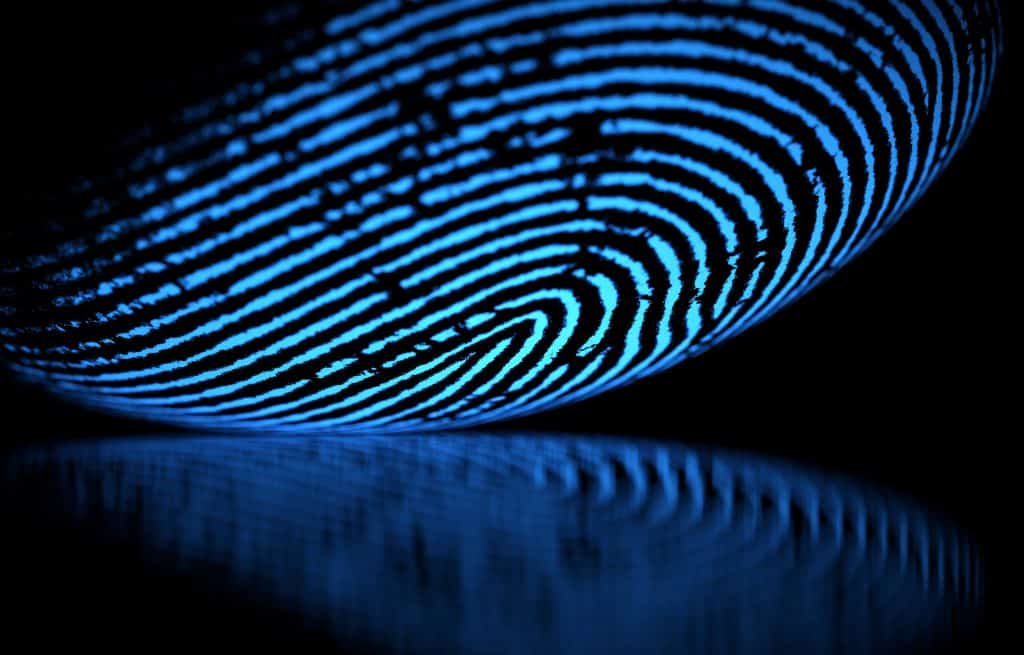FBI director’s India visit prompts new policy on sharing biometrics of fugitives
During the first visit by an FBI director to India in twelve years, current agency director Christopher Wray urged Indian authorities to begin collecting biometric data on fugitive criminals – which, says a report in The Indian Express, all central investigation agencies in the country are now doing.
Until the change, standard practice for so-called Red Corner Notice requests was for Interpol to provide authorities with details such as the accused’s name, residence and current location. On Wray’s prompt, agencies can now pull biometric details from India’s national digital ID system, Aadhaar, as well as from travel documents including passports. This biometric data can in turn be shared with the FBI and other relevant U.S. intelligence agencies.
Wray’s visit on December 11 and 12 was ostensibly a friendly confab to solidify the two countries’ cooperation on national security and counterterrorism, with an additional focus on training and capacity building. But it carries extra significance, coming in the wake of several critical security incidents that have exposed restless fault lines where the two countries meet. An attack by Sikh separatists on the Indian Consulate in San Francisco in March 2023 presaged shocking allegations, first from Canada then the U.S., that the government in New Delhi had conspired to engineer assassinations of Sikh leaders on North American soil.
The new policy on sharing biometric data could expedite extraditions and figure into investigations into Khalistani activities in the U.S., as well as the growing overlap between criminal and terrorist activities globally.
New bureau in Jammu and Kashmir for fingerprint biometrics
A fingerprint bureau is to be established in the Union Territory (UT) of Jammu and Kashmir, according to Kashmir Life. The bureau will house and maintain an indexed database of fingerprint biometrics from suspects and those with criminal histories. Law enforcement can then access the database to cross-reference fingerprints taken at crime scenes.
The sharing of biometric data with law enforcement has been an issue of growing concern in India.







